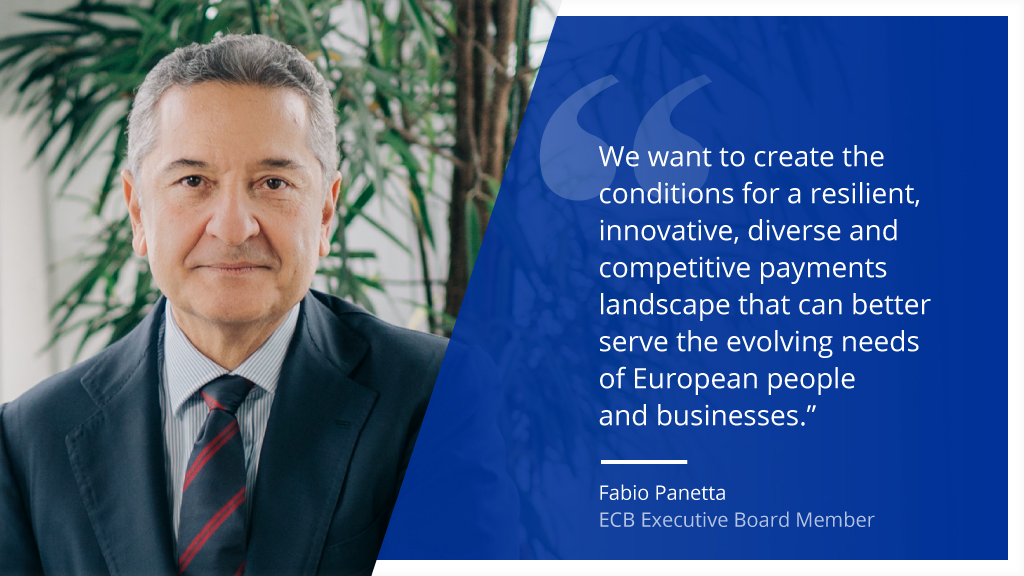
(THREAD) How globalisation affects inflation and financing conditions in the euro area depends on our policy response, says Executive Board member Fabio Panetta. The euro area has monetary autonomy – the question is how to use it wisely. Speech ecb.europa.eu/press/key/date… 1/5 

Panetta: Global factors, especially commodity price shocks, can have sizeable effects on price developments. But globalisation has only marginal effects on trend inflation. The inflation process is still a domestic phenomenon that monetary policy can control 2/5
Panetta: Europe’s economic trajectory is in our hands. The ECB will continue to use its monetary autonomy to bring inflation back to our aim. In recent months, euro area yields have decoupled from those in the United States 3/5
Panetta: We should avoid withdrawing policy support until the output gap is closed and we see inflation sustainably back at 2%. We will have to maintain very favourable financing conditions well beyond the end of the pandemic 4/5
Panetta: By taking advantage of favourable financing conditions, fiscal authorities can achieve a full recovery. According to illustrative estimates, extra spending on productive investment of ~2.8% of GDP would allow to reconnect with the pre-crisis growth trend by 2022 5/5 

• • •
Missing some Tweet in this thread? You can try to
force a refresh






